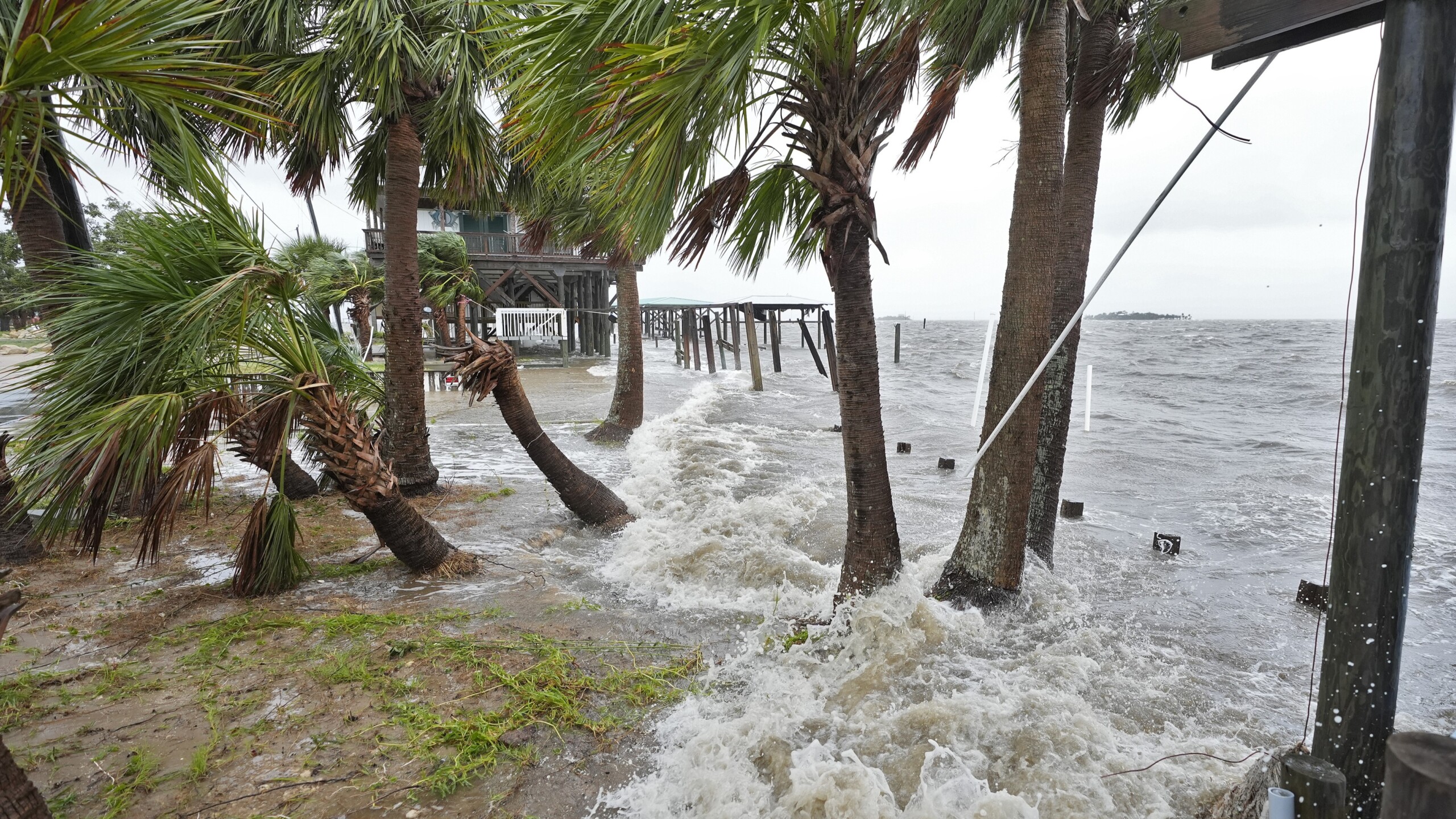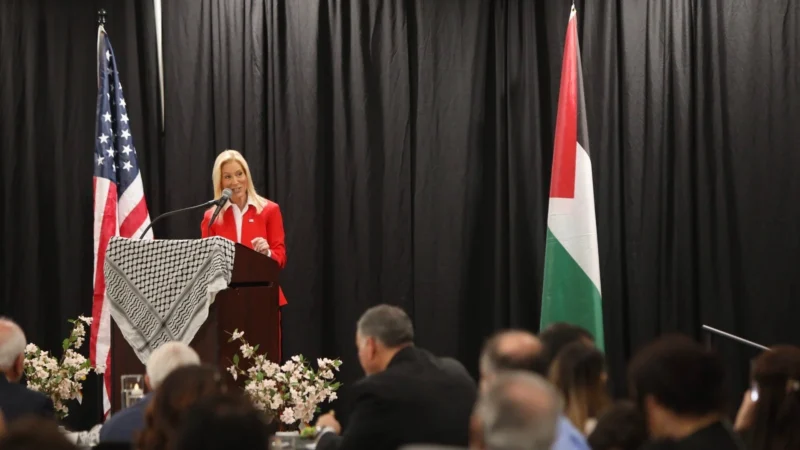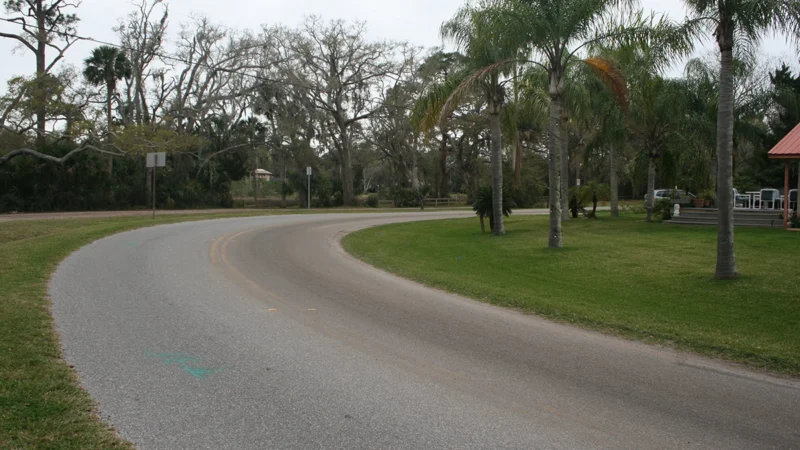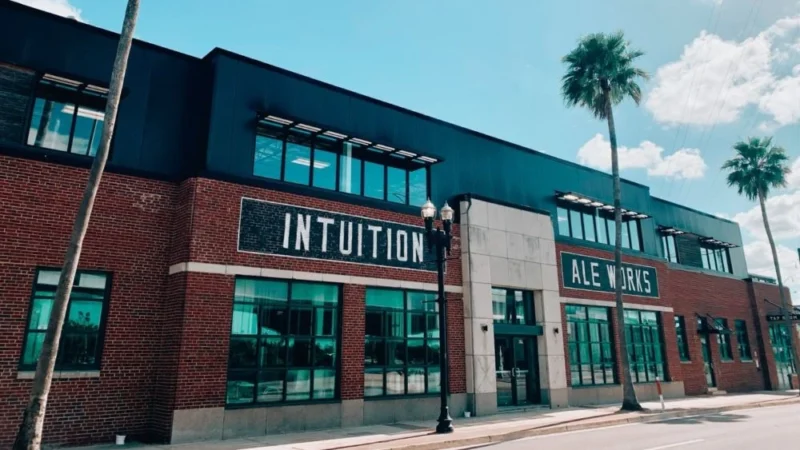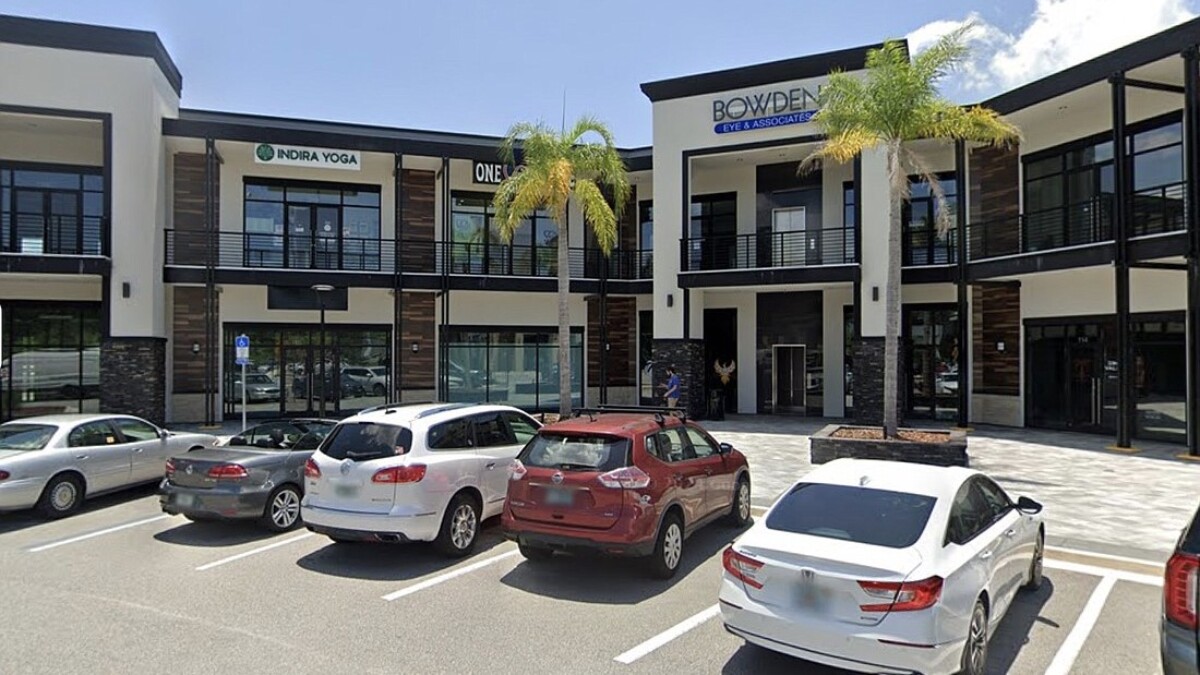A surprisingly slow year for tropical storms and hurricanes has led AccuWeather to back off its initial projections for an “explosive” year, but only slightly.
The weather company cited the unusual lack of tropical activity in the Atlantic basin in August, as well as the first Labor Day weekend without a named storm in decades.
AccuWeather now calls for 16 to 20 named storms, six to 10 hurricanes, three to six major hurricanes and four to six direct impacts on the United States.
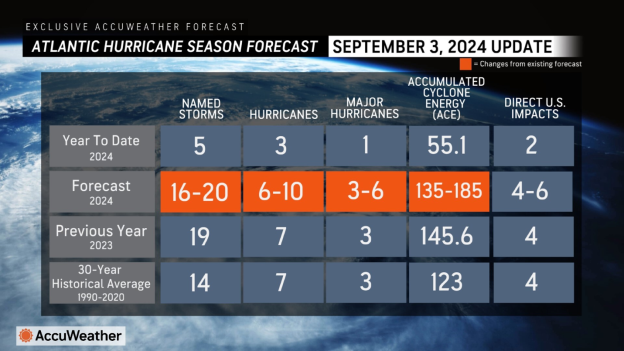
The year would still be historically active, but the forecast is notably lower than the forecast in March, which included 20 to 25 named storms with eight to 12 hurricanes and four to seven major hurricanes, meaning Category 3 or higher.
So far this year, the season has produced five named storms, three hurricanes and one major hurricane.
The storms this year included the Category 1 Hurricane Debby, which made landfall last month in Taylor County before crossing parts of North Florida.
At the other exteme, Hurricane Beryl in late June was the earliest Category 5 hurricane to ever form in the Atlantic. It tore through the Caribbean and the Yucatan Peninsula and then came ashore in Texas.
September is historically the busiest month of hurricane season, so experts warn people to remain alert. Conditions that have tempered hurricane development could lift in late September, forecasters say.
The National Hurricane Center is currently monitoring four weather systems in the Atlantic. All are given a low chance of developing or affecting the U.S.
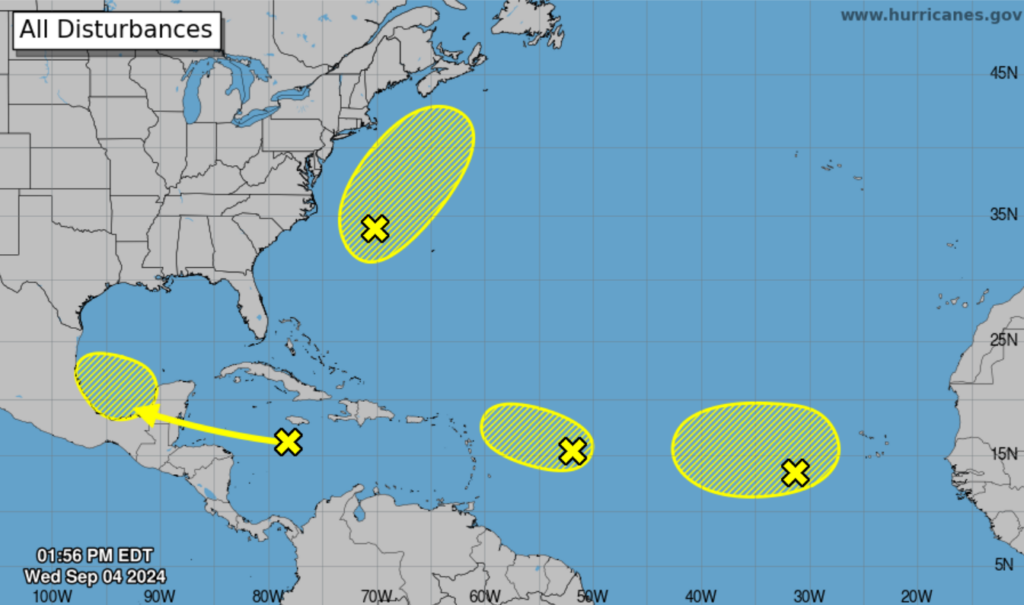
AccuWeather lead hurricane expert Alex DaSilva said a surge of dry air, dust, wind shear and cold waters off the coast of Africa have prevented most tropical waves from developing into a tropical storm or a hurricane.
But AccuWeather Chief Meteorologist Jon Porter said water in the Atlantic basin remains extremely warm and conditions for tropical development are expected in coming weeks.
“We don’t want anyone to let their guard down even though we are now forecasting fewer storms in total,” Porter said. “It only takes one powerful hurricane or slow-moving tropical storm to threaten lives and cause devastation.”
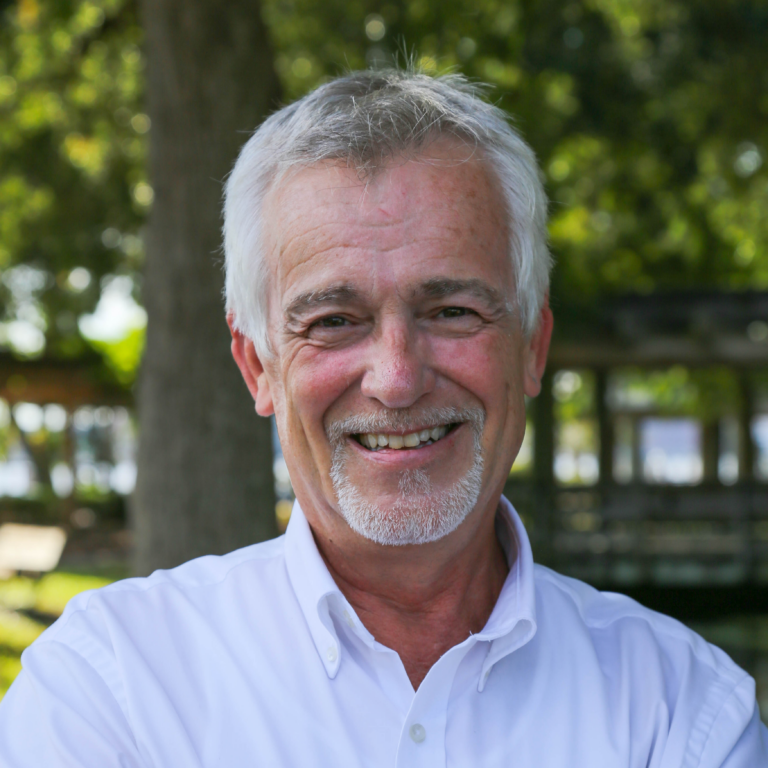
Randy comes to Jacksonville from the South Florida Sun-Sentinel, where as metro editor, he led investigative coverage of the Parkland school shooting that won the 2019 Pulitzer Prize for public service. He has spent more than 40 years in reporting and editing positions in Illinois, Iowa, Missouri, Ohio and Florida.


